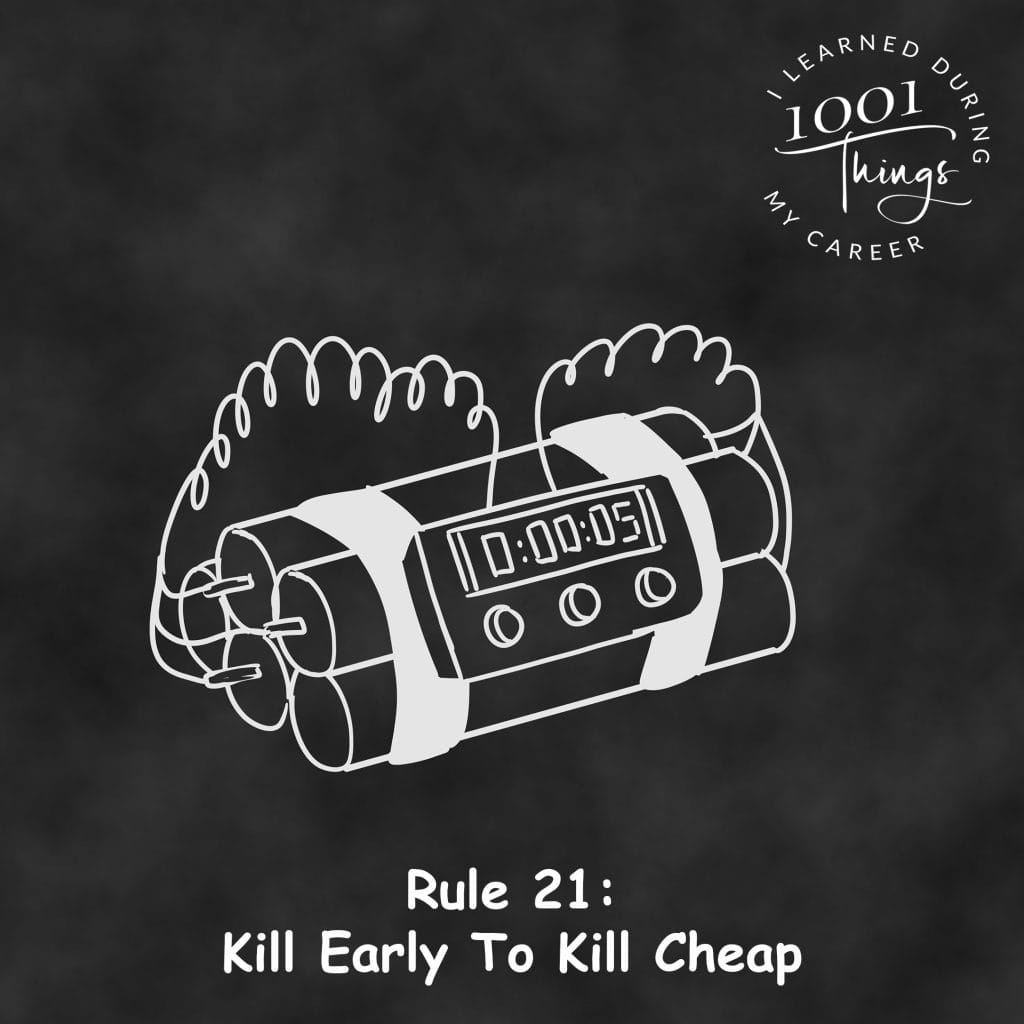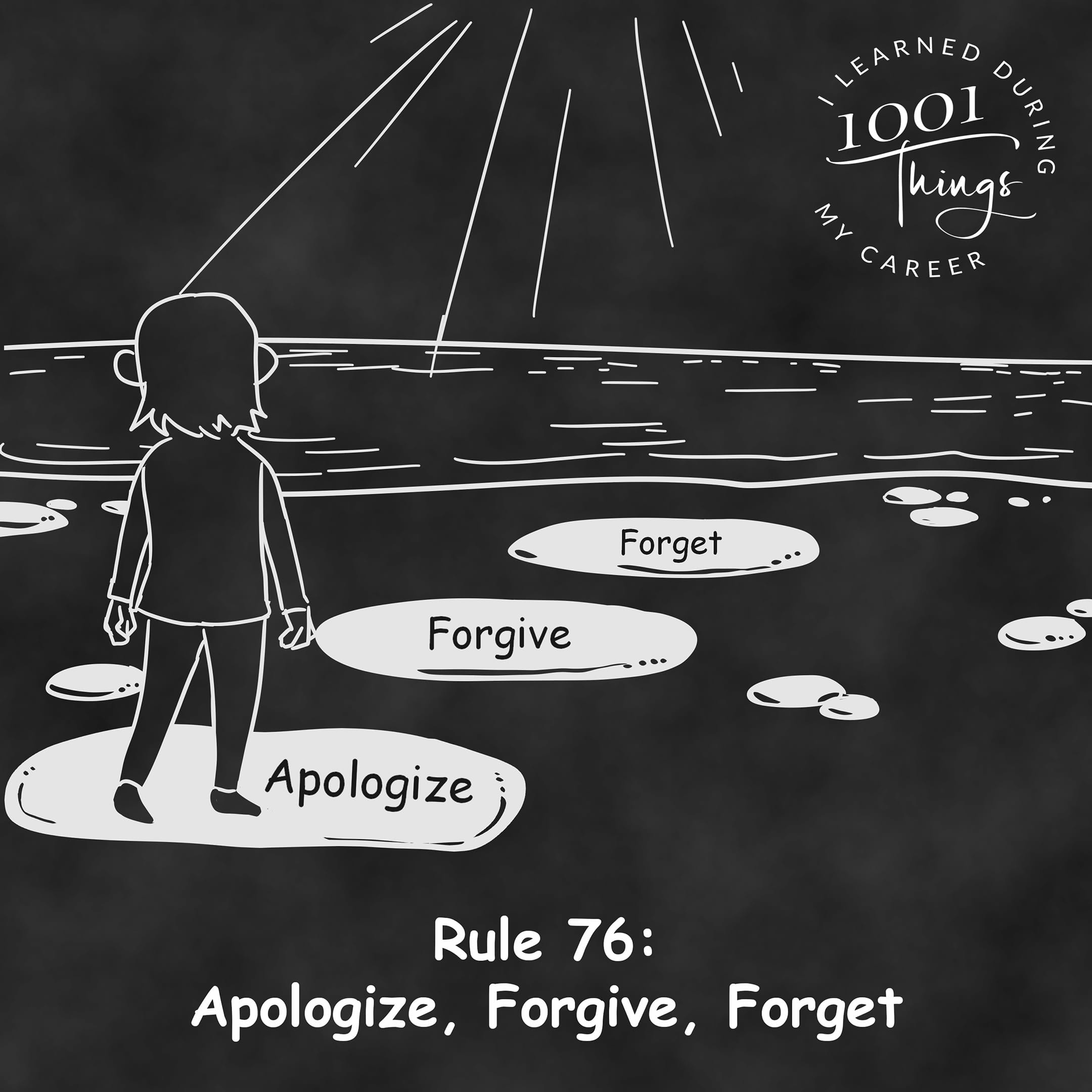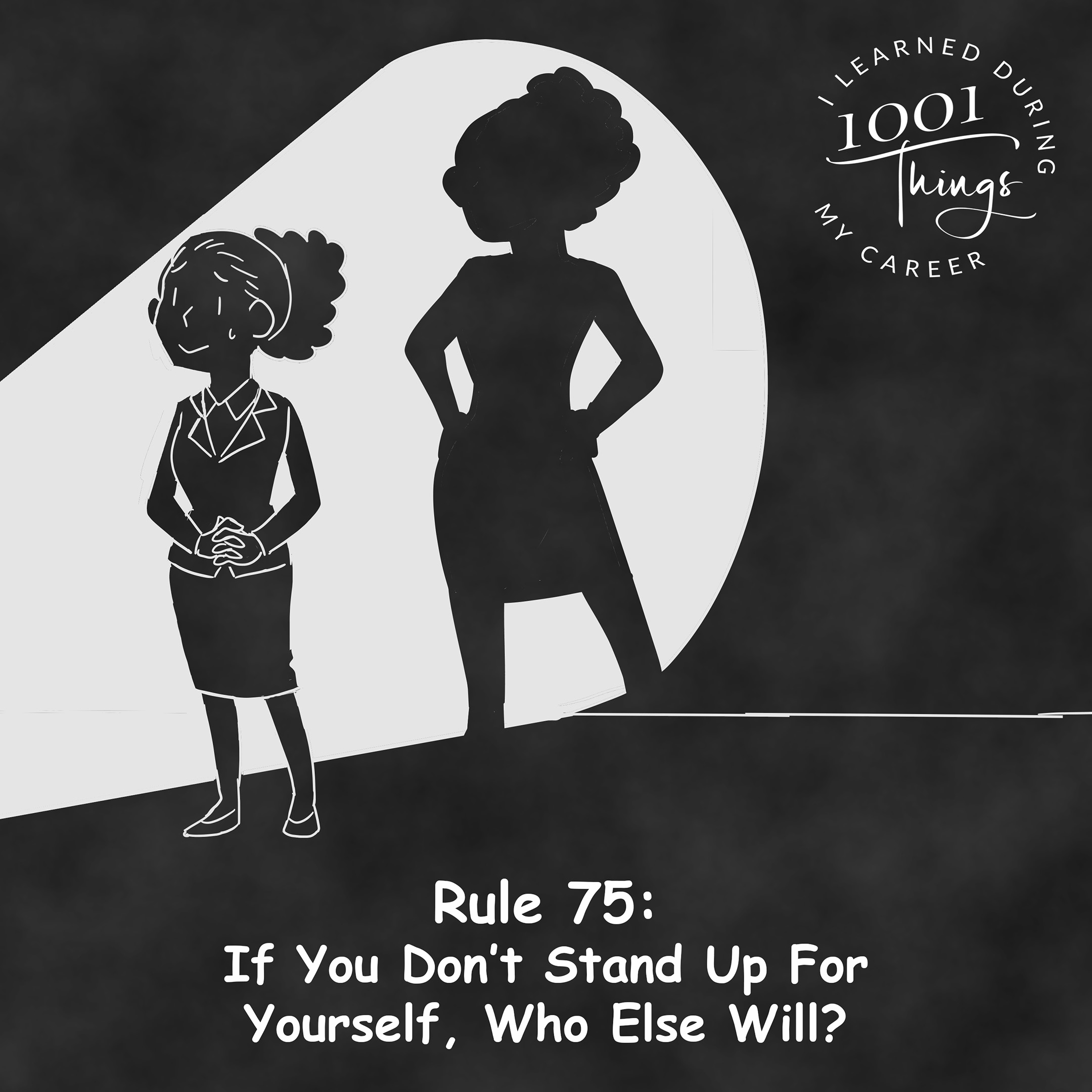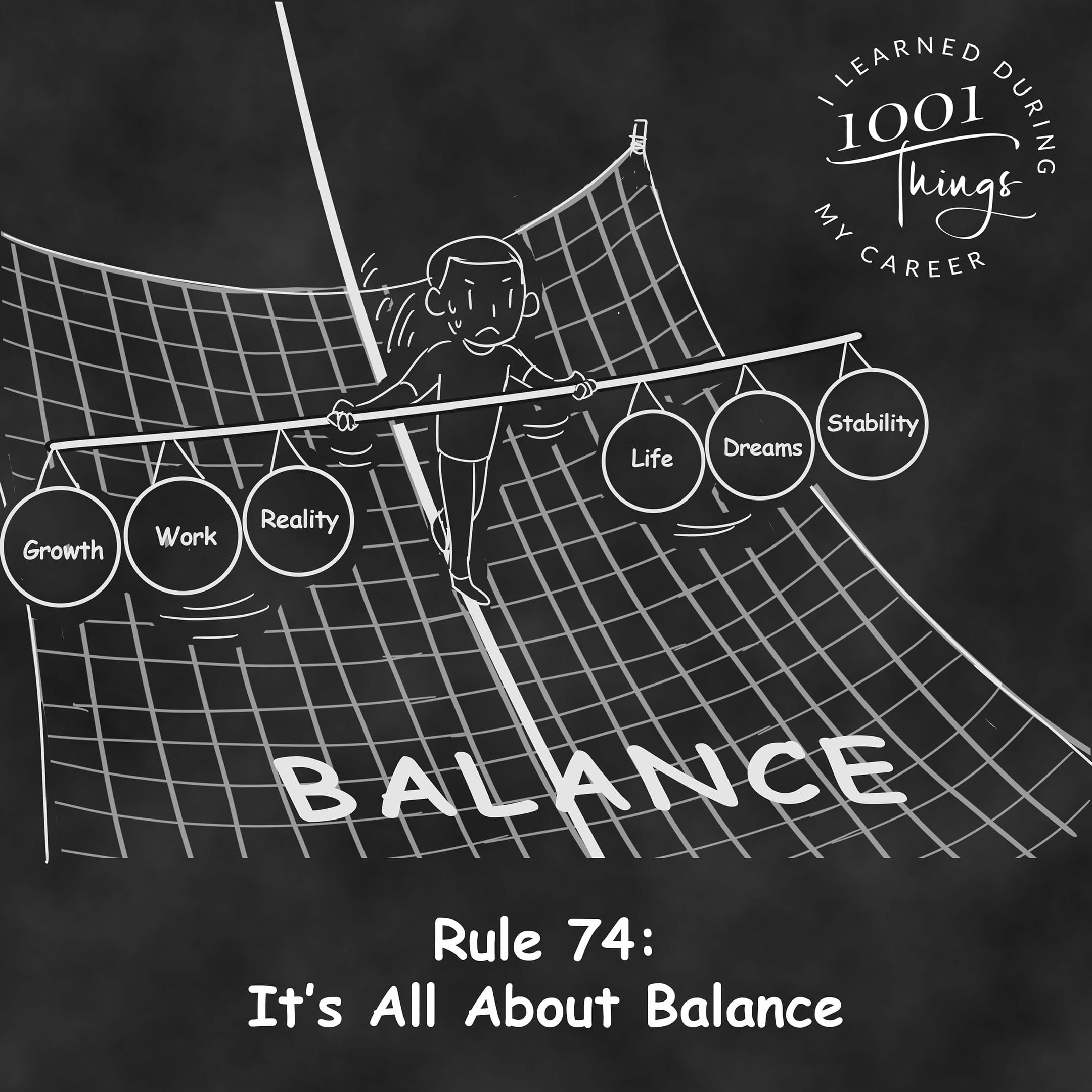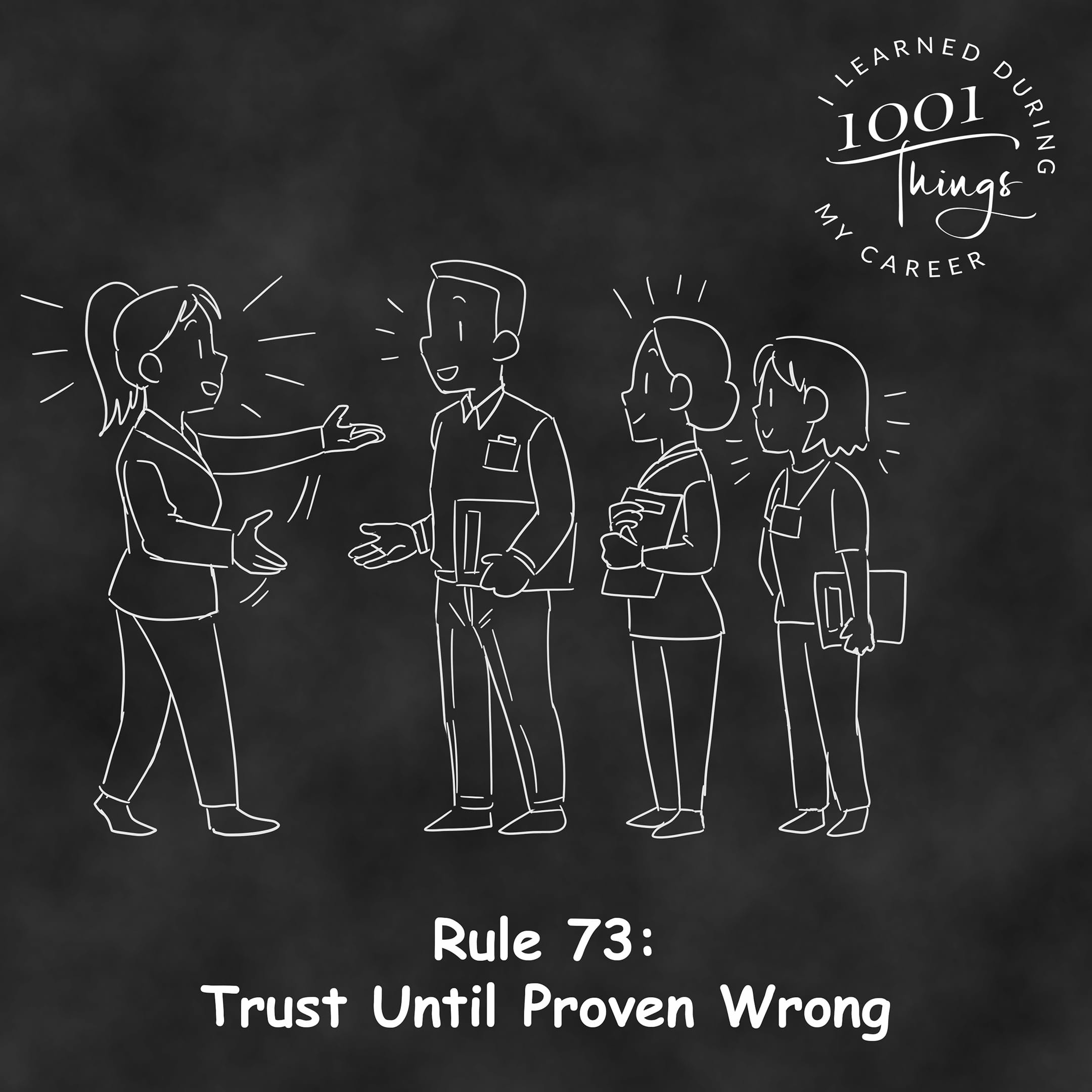Have you lately found yourself entangled in a project or relationship that wasn’t yielding the desired results? How long did you cling to hope, believing that with just a little more effort, things will turn around? What I’ve learned through experience is that often, the best course of action is to kill early to kill cheap.
Consider the case of Google Glass, launched in 2013 with much anticipation, marketing it as the future of wearable tech. However, privacy concerns, limited functionality, and an extremely high price made it unappealing to the mass market. Instead of continuously pouring billions into a failing product, Google killed it early in 2015, cutting their losses before it drained even more resources. This move allowed them to redirect investments toward more viable projects like Google Assistant and Pixel phones, proving that pulling the plug early can save a company from disaster.
Similarly, in 1957, Ford introduced the Edsel, a highly anticipated car that was supposed to revolutionize the market. However, the car was overpriced, poorly marketed, and ultimately a colossal failure. By 1960, Ford decided to kill the project entirely, despite having invested $250 million (that’s $2 billion in today’s money!). The decision was painful, but dragging it on would have been even worse. Instead, Ford focused on models that resonated with customers, like the Mustang, which became one of the best-selling cars of all time.
By recognizing when a project or relationship isn’t working and taking decisive action early on, you usually minimize the costs – both financial and emotional – associated with its continuation. Killing a project early allows you to reallocate resources and energy toward endeavors with greater potential for success. It’s about freeing yourself from sunk costs and embracing the opportunity to pivot toward more promising ventures.
Ending something always requires the courage to acknowledge that things are not working and the wisdom to redirect your efforts toward more fruitful endeavors. So the next time you find yourself facing a stagnant project or relationship, don’t hesitate to pull the plug early: in doing so, you’ll not only save yourself (and others) from unnecessary costs but also create space for new opportunities to thrive!

